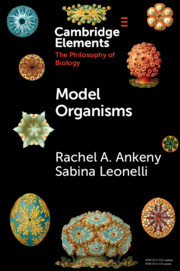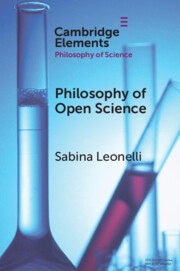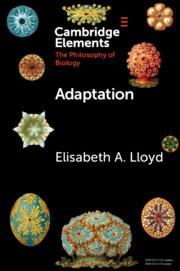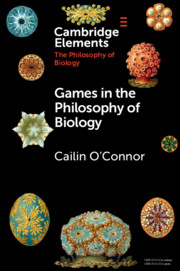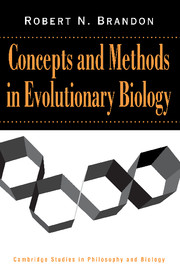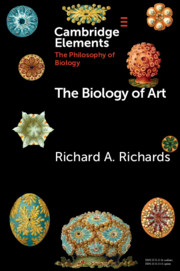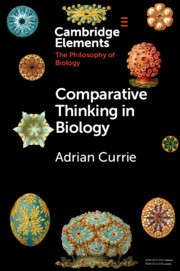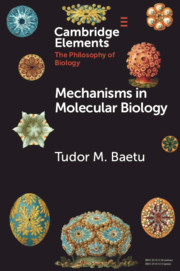Model Organisms
£17.00
Part of Elements in the Philosophy of Biology
- Authors:
- Rachel A. Ankeny, University of Adelaide
- Sabina Leonelli, University of Exeter
- Date Published: January 2021
- availability: Available
- format: Paperback
- isbn: 9781108742320
£
17.00
Paperback
Other available formats:
eBook
Looking for an inspection copy?
This title is not currently available on inspection
-
This Element presents a philosophical exploration of the concept of the 'model organism' in contemporary biology. Thinking about model organisms enables us to examine how living organisms have been brought into the laboratory and used to gain a better understanding of biology, and to explore the research practices, commitments, and norms underlying this understanding. We contend that model organisms are key components of a distinctive way of doing research. We focus on what makes model organisms an important type of model, and how the use of these models has shaped biological knowledge, including how model organisms represent, how they are used as tools for intervention, and how the representational commitments linked to their use as models affect the research practices associated with them. This title is available as Open Access on Cambridge Core.
Read more- This title is available as Open Access on Cambridge Core
Customer reviews
Not yet reviewed
Be the first to review
Review was not posted due to profanity
×Product details
- Date Published: January 2021
- format: Paperback
- isbn: 9781108742320
- length: 100 pages
- dimensions: 230 x 152 x 5 mm
- weight: 0.15kg
- availability: Available
Table of Contents
1. Model Organisms
2. What Do Model Organisms Represent?
3. How Do Model Organisms Represent?
4. For Whom Do Model Organisms Represent?
5. The Model Organism Repertoire
6. When are Model Organisms 'Good' Representations?
7. Conclusions: What Future For Model Organisms?.
Sorry, this resource is locked
Please register or sign in to request access. If you are having problems accessing these resources please email [email protected]
Register Sign in» Proceed
You are now leaving the Cambridge University Press website. Your eBook purchase and download will be completed by our partner www.ebooks.com. Please see the permission section of the www.ebooks.com catalogue page for details of the print & copy limits on our eBooks.
Continue ×Are you sure you want to delete your account?
This cannot be undone.
Thank you for your feedback which will help us improve our service.
If you requested a response, we will make sure to get back to you shortly.
×
